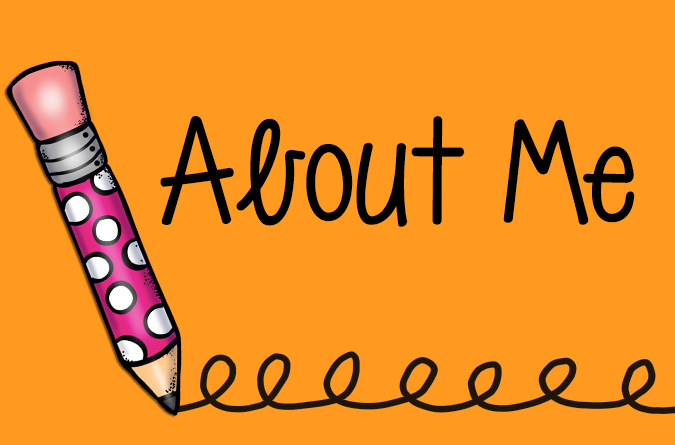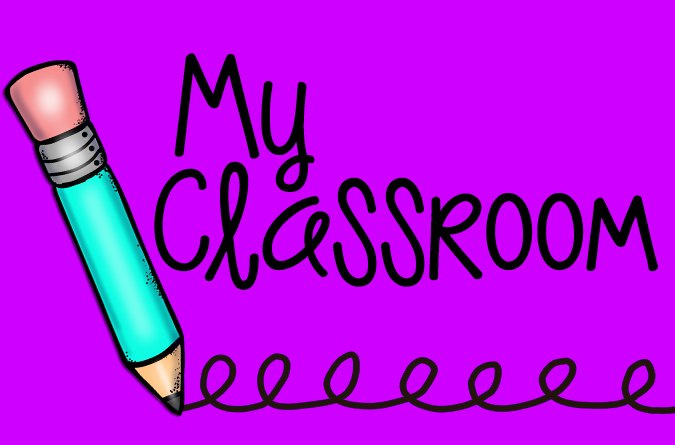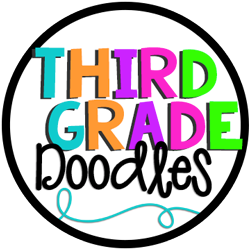The phonics debate is in full-swing. I think they are calling it "the science of reading" now, and the idea of "balanced literacy" is taking a beating. I taught first grade for 17 years using what I would call a balanced literacy approach, and yes, PHONICS was a critical element of my daily reading program. I am rather shocked at the assumption that primary teachers are not teaching phonics, because that is not what I witness in my role as an early literacy coach. I also do not believe a phonics program is the magical silver bullet that is going to fix the literacy crisis in our country. I really think the problem is much bigger than that. But I digress....
The point of this post is to help you to see that phonics instruction, although really important to the success of our early readers, is not rocket science. It involves a few important success factors that can be easily incorporated into your daily literacy routines. Let me be clear:
- YOU DO NOT NEED TO BE TRAINED IN THE ORTON GILLINGHAM METHOD.
- YOU DO NOT NEED TO PURCHASE AN EXPENSIVE PROGRAM.
- YOU DO NOT NEED TO PRINT OUT A LOT OF PHONICS WORKSHEETS!
- YOU DO NOT NEED TO SPEND AN HOUR EVERY DAY TEACHING PHONICS.
This post is based on the latest research-based practices in literacy instruction, and the brilliant work of Wiley Blevins, who has spent his entire career helping to clarify best practice in phonics instruction. I highly recommend his latest book, A Fresh Look at Phonics, which outlines critical success factors for phonics instruction, as well as common causes of phonics instruction failure.





















